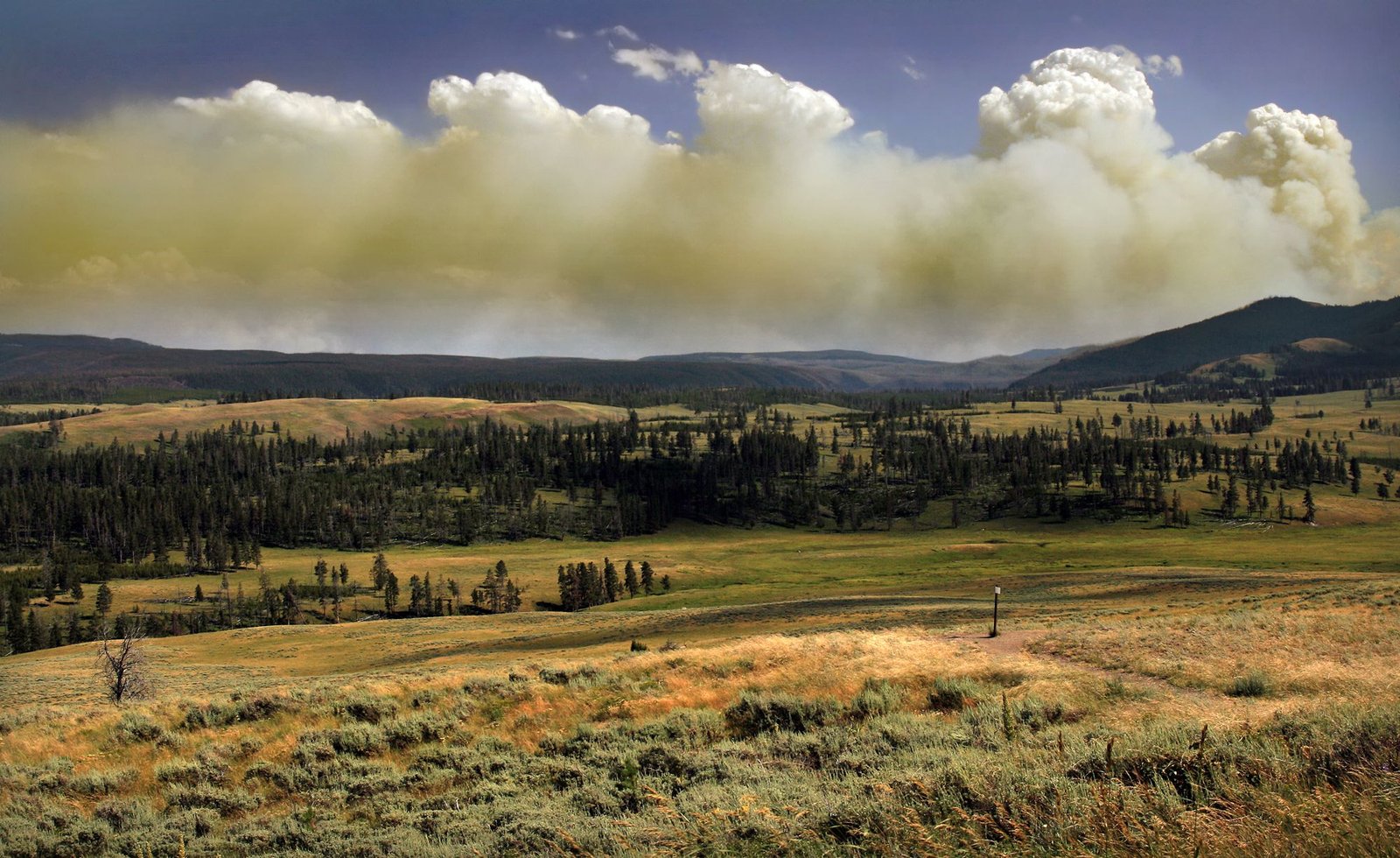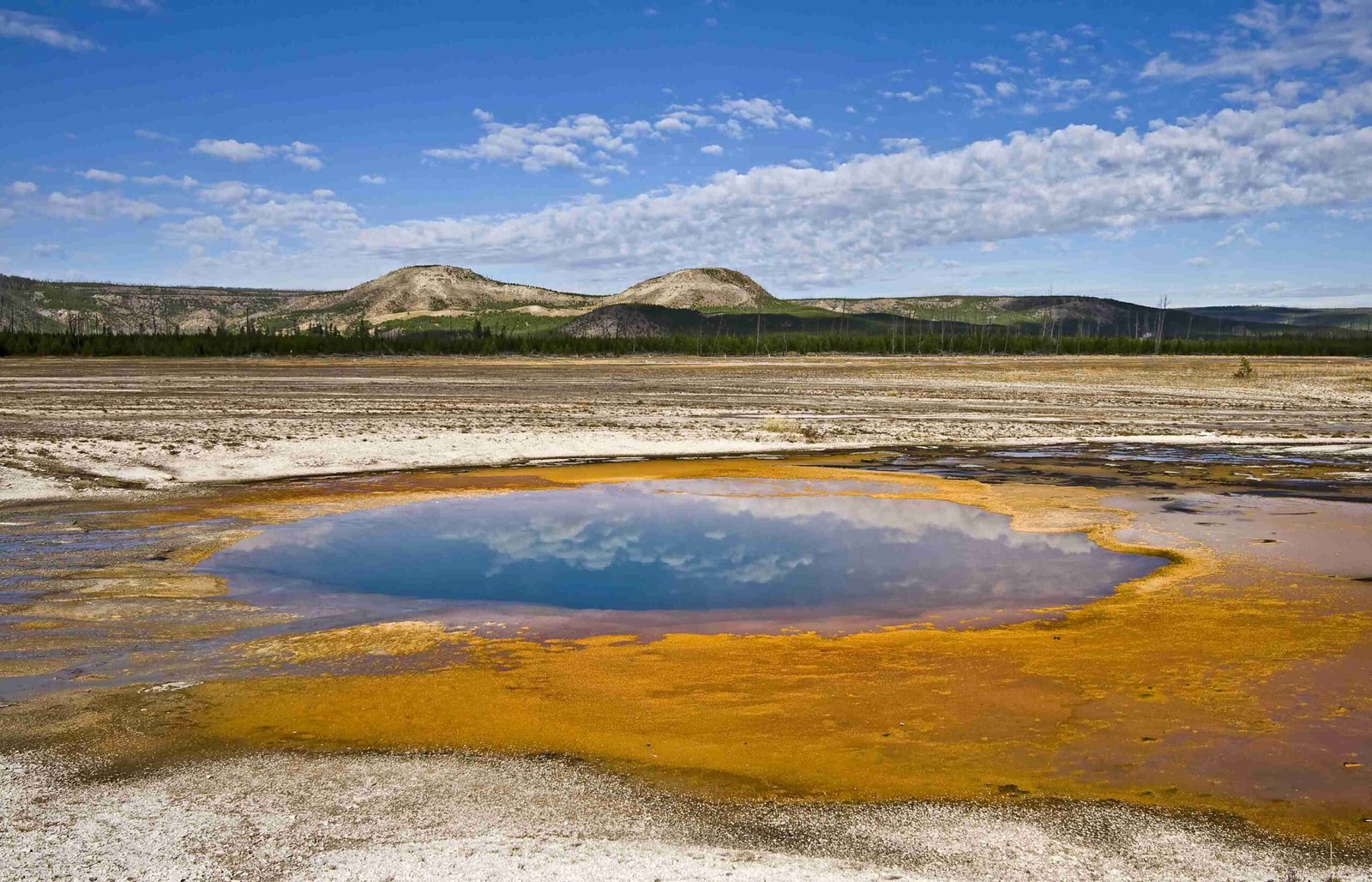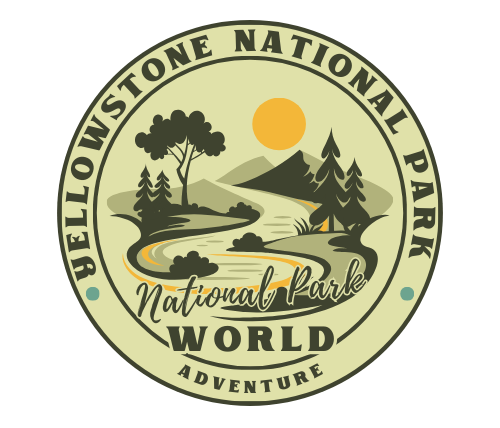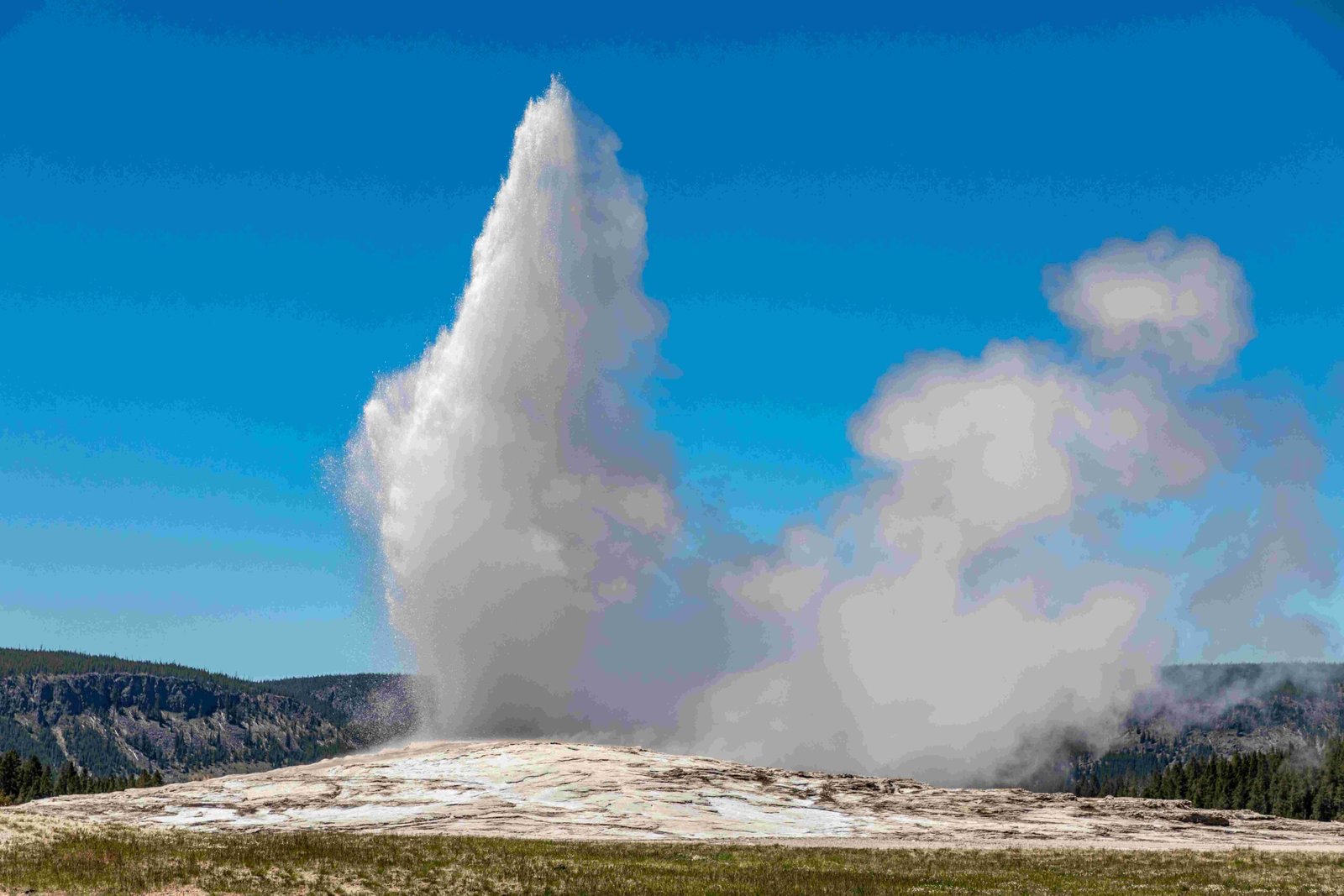Yellowstone National Park Norris Basin Road is a scenic route that leads to one of the most geologically active areas in the park. This road provides access to the Norris Geyser Basin, known for its diverse and dynamic thermal features. Visitors can explore unique geysers, colorful hot springs, and steaming fumaroles while learning about the park’s volcanic history. The Norris Basin Road offers opportunities for hiking, wildlife viewing, and experiencing the raw power of Yellowstone’s geothermal wonders.
What Are the Main Attractions Along Norris Basin Road?

The Norris Basin Road in Yellowstone National Park leads to several remarkable attractions:
- Norris Geyser Basin
- World’s tallest active geyser: Steamboat Geyser
- Echinus Geyser
- Porcelain Basin
-
Back Basin
-
Roaring Mountain
- Covered in fumaroles
-
Emits steam and hissing sounds
-
Artists Paint Pots
- Colorful hot springs
-
Bubbling mud pots
-
Museum of the National Park Ranger
- Located in historic Norris Soldier Station
How Can Visitors Experience the Geothermal Features?

Visitors can experience the geothermal features along Norris Basin Road through various means:
- Hiking trails:
- Porcelain Basin Trail (0.75 miles)
- Back Basin Trail (1.7 miles)
-
Artists Paint Pots Trail (1 mile)
-
Boardwalks: Safe pathways to observe thermal features up close
- Norris Museum: Provides information on geothermal activity and area history
- Observation points: Strategically placed for viewing geysers and hot springs
What Makes Norris Geyser Basin Unique?
Norris Geyser Basin stands out due to several factors:
- Geological activity: Hottest and most dynamic geyser basin in Yellowstone
- Location: Just outside the Yellowstone Caldera
- Diverse features:
- Hot springs with vibrant colors
- Powerful geysers like Steamboat
- Acidic and arsenic-rich waters
- Unpredictable nature: Frequent changes in thermal activity
What Facilities Are Available for Visitors?
Visitors to Yellowstone National Park Norris Basin Road can find the following amenities:
| Facility | Location | Details |
|---|---|---|
| Parking | Norris Geyser Basin, Gibbon Falls | Ample spaces available |
| Restrooms | Norris Geyser Basin, Gibbon Falls | Clean facilities |
| Norris Museum | Norris Geyser Basin | Built in 1929-30, provides educational information |
| Norris Campground | Near Norris Geyser Basin | 111 sites (Note: Check current status) |
Note: There are no food services or gas stations at Norris Geyser Basin. The closest gas station is at Canyon.
What Safety Precautions Should Visitors Take?
When exploring Yellowstone National Park Norris Basin Road and its attractions, visitors should:
- Stay on designated boardwalks and trails
- Keep a safe distance from thermal features
- Be aware of sudden geothermal disturbances
- Carry plenty of water and sun protection
- Watch for wildlife and maintain a safe distance
- Follow all park regulations and ranger instructions
How Does Norris Basin Road Contribute to Yellowstone’s Ecosystem?
Norris Basin Road provides access to a crucial part of Yellowstone’s ecosystem:
- Geothermal activity: Supports unique microorganisms and contributes to the park’s biodiversity
- Wildlife habitat: Area around the road is home to various species
- Geological research: Allows scientists to study active geothermal processes
- Water cycle: Thermal features play a role in the local hydrological system
- Vegetation zones: Showcases how plant life adapts to extreme environments
What Is the Best Time to Visit Norris Basin Road?
The best time to visit Yellowstone National Park Norris Basin Road depends on various factors:
- Summer (June-August):
- Peak season with warmest temperatures
- All facilities and roads open
-
Larger crowds
-
Spring/Fall (May and September-October):
- Fewer visitors
- Mild weather
-
Possible road closures due to snow
-
Winter (November-April):
- Limited access (snowmobile or snow coach only)
- Unique winter landscapes
- Fewer crowds
Tip: Early morning or late afternoon visits often provide better wildlife viewing opportunities and smaller crowds at thermal features.
By exploring Yellowstone National Park Norris Basin Road, visitors can witness the raw power of nature and gain a deeper appreciation for the complex geothermal systems that make Yellowstone a truly unique destination.
References:
1. Yellowstone National Park.com – Norris Geyser Basin Tours
2. AllTrips – Norris Geyser Basin, Yellowstone National Park
3. We’re in the Rockies – Norris Geyser Basin in Yellowstone: What You Need to Know
4. National Park Service – Norris Geyser Basin
5. Utah’s Adventure Family – Things to do near Norris | Yellowstone

